Reflections on "13 Things Mentally Strong People Don't Do"
Hello All!
While reading “13 Things Mentally Strong People Don’t Do”, I took some notes on what I felt were the most relevant to me. I am going to share them here, hoping they give you a little food for thought in case you’re not sure if you want to read the book. First, here is a list of all thirteen things:
- Don’t Waste Time Feeling Sorry For Themselves
- Don’t Give Their Power Away
- Don’t Shy Away From Change
- Don’t Focus On Things They Can’t Control
- Don’t Worry About Pleasing Everyone
- Don’t Fear Taking Calculated Risks
- Don’t Dwell On the Past
- Don’t Make the Same Mistakes Over and Over
- Don’t Resent Other People’s Success
- Don’t Give Up After the First Failure
- Don’t Fear Alone Time
- Don’t Feel the World Owes Them Anything
- Don’t Expect Immediate Results
The items that I felt were the most relevant to me were numbers two, four, five, and six.
Number 2: Don’t Give Their Power Away: The items in this chapter that resonated with me are being guilty of worrying about offending other people or not having them like me anymore. For example, after hitting someone in a crowd I’ll then worrying about them thinking I’m a bitch off and on for hours afterward. Or the opposite, the post office worker will snap at me and I’ll be thinking about how mean they were and let it spoil my mood. Every time you do that, it’s giving away your time as you have devoted too much mental capacity on something that you really shouldn’t. I particularly liked the quote:
“Choosing to forgive someone who has hurt you, either emotionally or physically, doesn’t mean you have to excuse the behavior, but letting go of your anger frees you to focus on a more worthwhile cause.”
Aka I need to stop thinking about the post office person who is miserable and start thinking about the next book I’m going to read! Great reminders in the chapter were also about setting healthy emotional boundaries for yourself (this includes interacting with the general public in addition to friends) and not becoming a victim of circumstances. Just because that flight is delayed doesn’t give you permission to be a raging jerk.
Number 4: Don’t Focus On Things They Can’t Control: I have become much better about this than I was when I was younger. This chapter actually had the inverse effect and had me starting to thinking about some of the things I CAN control.
Number 5: Don’t Worry About Pleasing Everyone: Along with number two, this was a relevant item as I certainly have an underlying fear of not being considered a “nice” person. I am guilty of doing things only because I feel obligated and while some times that makes the other person happy, other times it’s just a waste of both of your time. This is another thing that I have somewhat been working on over the past few years in terms of keeping in mind/identifying what truly makes me happy. I would rather attend just a few social events and be mentally fully present than attend a large number of them and be wishing I was curled up in bed for half of them.
An interesting thought from the chapter was that people pleasers are easily manipulated. It’s okay to say no and for people to occasionally feel angry or disappointed. We can’t all have everything! And we certainly can’t please everyone.
Number 6: Don’t Fear Taking Calculated Risks: While I am confident taking small calculated risks in terms of trying new things or traveling a little out of my comfort zone, I am quite conservative when it comes to bigger risks. In “Finding Ecstasy”, Rebecca Pillsbury mentions a philosophy that states all things are motivated by either love or fear. Morin expands this talking about how fear of both small and large things can be a huge block even when it’s unreasonable.
“Don’t be too timid and squeamish about your actions. All life is an experiment. The more experiments you make the better.”
I am guilty of spending a lot of time daydreaming about big changes like starting my own company or changing jobs, but I don’t take any actions to make the change. On some things I haven’t even taken the first steps to research if it’s reasonable or not! Instead, Morin recommends finding ways to minimize the risk, but go forward with your plans. For example, start that researching to identify what your opportunities are and then trying something part-time.
I hope you enjoyed a few of my thoughts on this book. What are some of the things you are guilty of? Do you fall into the same habits that I do?
Intrigued by my thoughts? Enter to win a free copy of the book!

